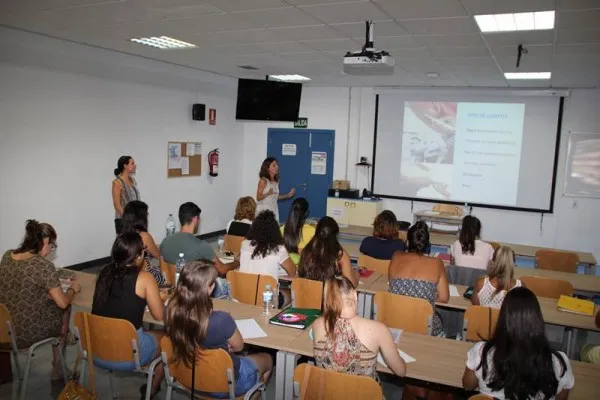Adeje (Tenerife), EFE psychologist Elsa Espinos, of the Tenerife Diabetes Association, believes more preparation for this pathology in schools.
Espinos that has participated today at the Summer University of Adeje in a course on how to treat different school groups with chronic diseases such as type 1 diabetes or celiacy considers that misinformation in the school environment is a serious problem that encourages childrenSometimes they are not well cared for.
"The problem is not limited exclusively to the scope of the professionals of the educational centers, but also concerns parents and the classmates themselves," he says.
"For example, sometimes it happens that a child is invited to a child with type 1 diabetes because adults do not know if they can or cannot eat cake," he says.
It ensures that with type 1 diabetes more mistakes are made because the treatment is more complex and the probabilities of errors increase such as knowing how to detect a decrease in sugar.
The treatment can also be ignored or, even, that the teaching staff refuses to dispense a medication that in case of a crisis can save the child's life.
The rapporteur explains that, in this specific case, the teachers are not legally obliged although it does have the duty of help.
The psychologist affirms that there is a legal vacuum in this regard and the child is subject to the will of the teacher who touches him.
"In many cases, due to lack of information or support by the center's direction, he is not willing to dispense the glucagon, so parents live with that fear."
He explained that the Tenerife Diabetes Association promotes several activities to alleviate that lack of information.


